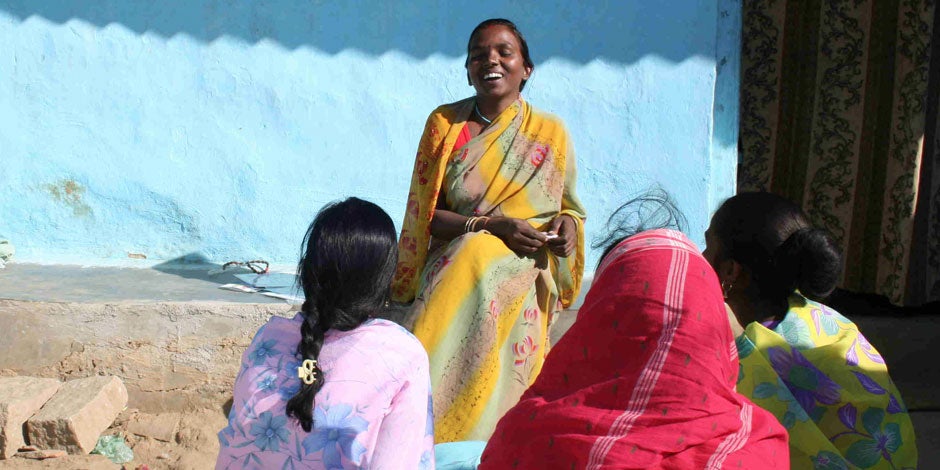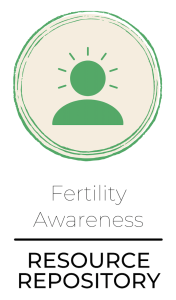Focus Area
Fertility Awareness

Studies conducted by IRH in numerous countries, and corroborated by Demographic and Health Surveys and other studies, have shown that few women, men, and adolescents really understand their fertility and the way in which their bodies work.
This lack of knowledge constrains an individual’s ability to protect his/her reproductive health or the health of their partner.
IRH believes that by placing accurate and accessible information about fertility in the hands of women, men, girls, and boys, they will be able to understand how sex, fertility and family planning interconnect, ultimately addressing unmet need for family planning. We call this information Fertility Awareness.
Fertility Awareness is actionable information about fertility throughout the life cycle, and the ability to apply this knowledge to one’s own circumstances and needs. Specifically, it includes basic information about the menstrual cycle, when and how pregnancy occurs, the likelihood of pregnancy from unprotected intercourse at different times during the cycle and at different life stages, and the role of male fertility. Fertility Awareness can also include information on how specific family planning methods work, how they affect fertility, and how to use them; and it can create the basis for understanding, communicating about, and correctly using family planning.
Fertility Awareness can:
- Empower women, men, and adolescents throughout the life course to identify what is healthy and normal for them and know when to seek reproductive health care;
- Create the basis for understanding, communicating about and correctly using family planning;
- Help youth understand their changing bodies and enable them to recognize how their sexual and reproductive selves are influenced by gender and social norms;
- Foster communication between partners, parents and children, teachers and students, and health care providers and patients; and
- Reinforce concepts of reproductive rights, gender equality, and social norms which, in turn, helps people develop attitudes and behaviors that have a positive effect on reproductive health for all.
Visit the Fertility Awareness Resource Repository for fertility awareness curricula and tools developed and evaluated in a range of settings, which can be adapted for future programs. The evidence section of the repository provides additional context for why fertility awareness is an important topic to address in health programs.
 Where We Work
Where We Work  Press Room
Press Room  FACT Project
FACT Project  Passages Project
Passages Project  Learning Collaborative
Learning Collaborative  Search All Resources
Search All Resources  Social Norms
Social Norms  Fertility Awareness Methods
Fertility Awareness Methods 